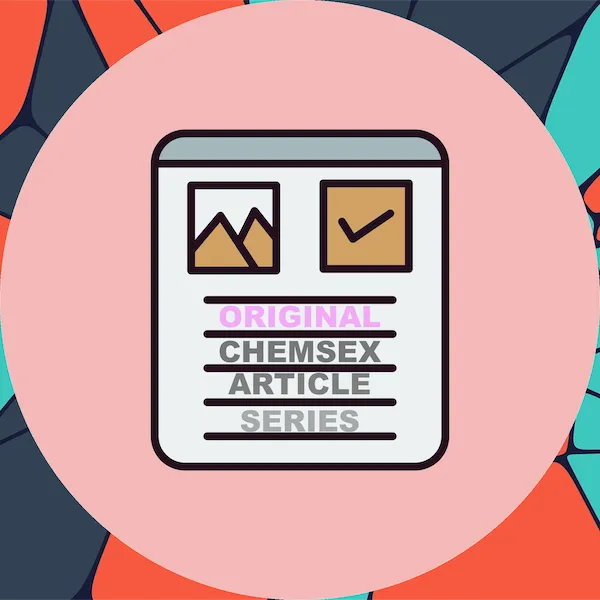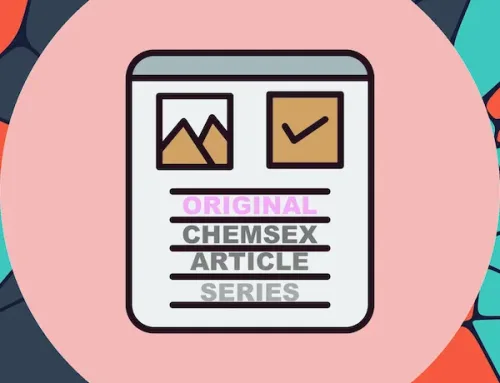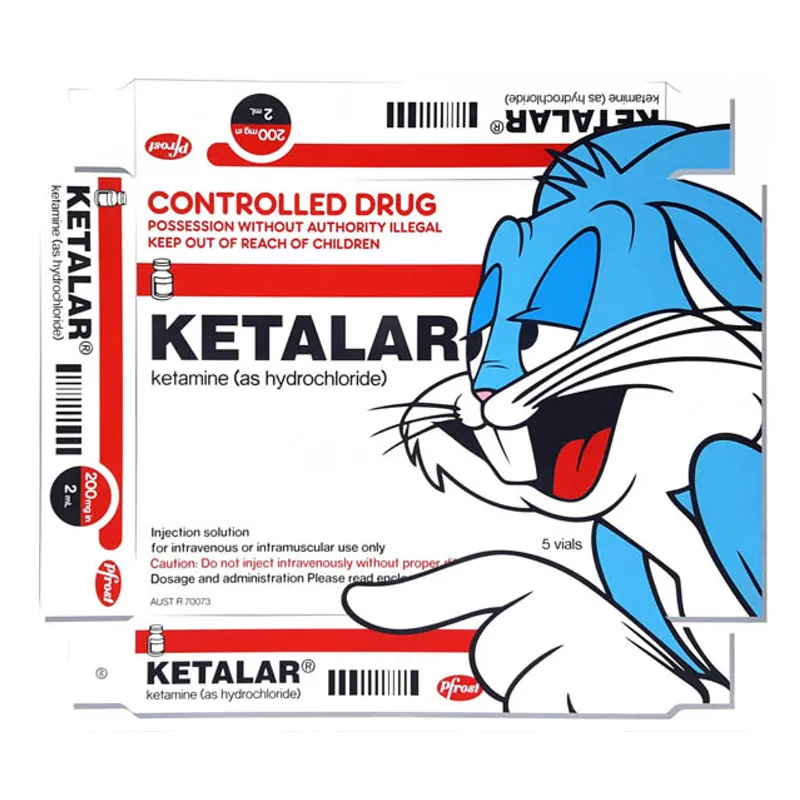Chemsex and disclosure
Chemsex is an emerging phenomenon where people engage in unprotected sex while under the influence of drugs, generally methamphetamine, crystal meth, GHB, and mephedrone. It is becoming increasingly popular among gay, bisexual, and queer men who regularly visit sexual health services, and has been linked to an increase in HIV and STI transmission among this population.
Chemsex can involve various activities such as attending drug-fuelled all-night parties, watching porn, and taking drugs to facilitate sexual encounters. While the practice has been around for some time, it has become increasingly popular in recent years as a result of improved access to drugs, as well as the emergence of social media platforms which can be used to facilitate chemsex activities.
The issue of disclosure is of particular relevance to Chemsex, particularly in relation to HIV and STI status. Many people engaging in chemsex are reluctant to disclose their HIV or STI status to potential sexual partners, out of fear of being judged or rejected. This can lead to people engaging in unprotected sex, increasing the chance of HIV and STI transmission.
Therefore, it is important that health and social care practitioners provide support to people who engage in chemsex to help them better understand the risks associated with it, and to encourage them to practice safe sex. They should also provide support and advice on how to disclose their HIV or STI status to potential sexual partners, in a way that is respectful and non-judgemental. This can help to reduce the risks associated with the practice, and ensure that sexual health services are utilised in an effective and responsible way.
Meta






